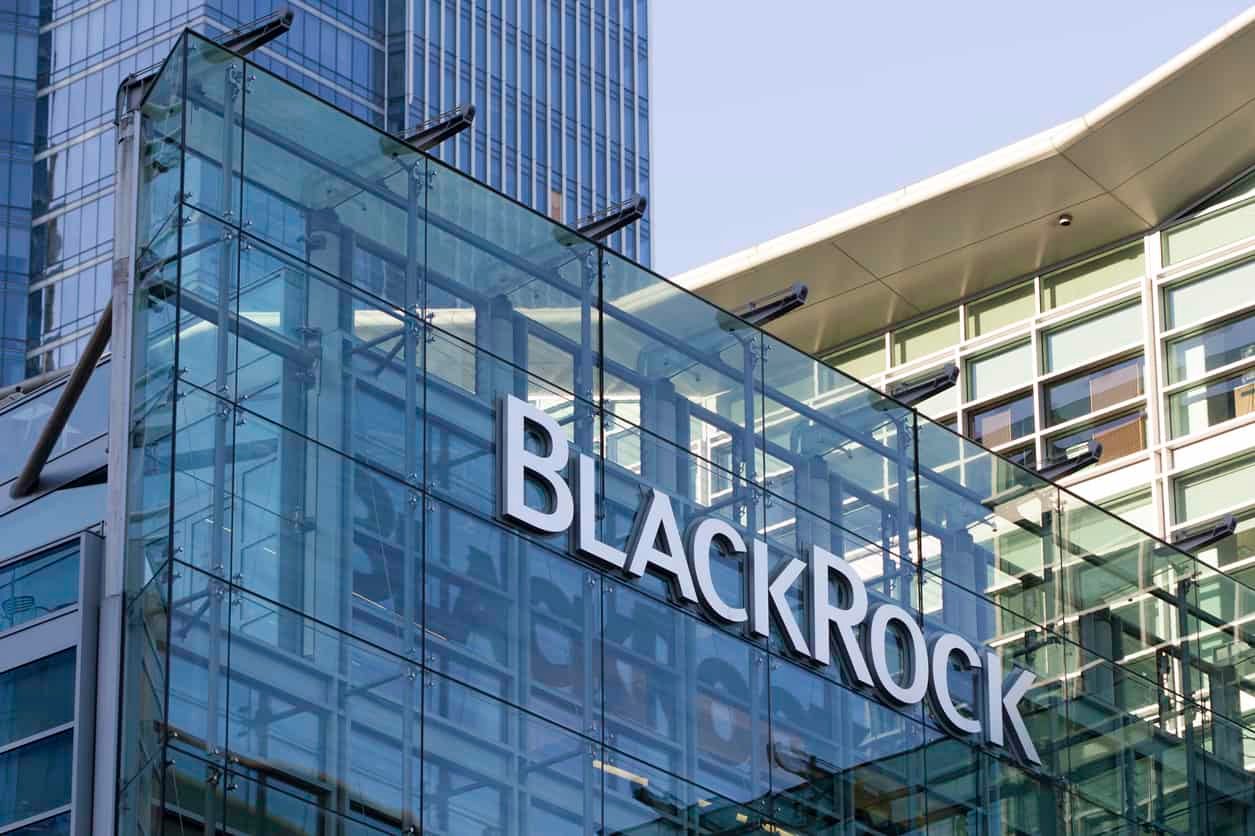BlackRock’s crypto registration with the UK’s Financial Conduct Authority (FCA) signals a major turning point in the incorporation of digital assets into conventional financial markets. This evolution emphasises the increasing legitimacy of bitcoin investments and might motivate more institutional use. This paper will investigate BlackRock’s crypto registration’s effects on the UK market and the more general financial scene.
Comprehending the FCA’s Crypto Register
The FCA’s crypto register was created to guarantee companies operating in the UK follow anti-money laundering policies. With just a small percentage of candidates accepted, the registration procedure is thorough. BlackRock’s crypto registration reflects its dedication to regulatory compliance and its calculated growth into digital assets. BlackRock was the 51st company to get such permission as of April 2025, joining well-known firms such Coinbase and Kraken.
Effect on the UK Market
BlackRock’s crypto registration is anticipated to improve the legitimacy of cryptocurrency investments in the UK. BlackRock can draw more institutional investors by providing controlled access to digital assets, hence perhaps boosting market liquidity and stability. This action fits with the aspirations of the United Kingdom to be a major financial technology centre following Brexit. The UK government’s attempts to tighten regulations on crypto assets provide a favourable climate for companies like BlackRock to run, hence guaranteeing consumer safety and promoting creativity.
Growth of Bitcoin ETPs
The approval opens the door for BlackRock’s cryptocurrency offerings, including the growth of Bitcoin exchange-traded products (ETPs). Backed by real assets held in custody by respected companies like Coinbase, these products give institutional and savvy retail investors regulated exposure to Bitcoin. Designed to draw more investors into the digital asset sector, the attractive fee structure and temporary waivers For example, BlackRock’s iShares Bitcoin ETP, started on Euronext exchanges, has a temporary fee waiver lowering its expense ratio to 0.15% till year-end.
Future Prospects and Market Implications
BlackRock’s cryptocurrency activities being included into the UK market could centralise the market and create difficulties for smaller companies. On the other hand, it indicates a change towards more inclusive regulatory regulations, hence motivating other companies to seek registration. BlackRock’s crypto registration could establish a standard for future regulatory frameworks while the UK still negotiates its stance on cryptocurrency. This development confirms the increasing acceptance of digital assets by conventional financial institutions and establishes a standard for future companies wishing to enter the crypto sector.
Regulatory Compliance and Strategic Positioning
BlackRock’s registration shows its willingness to work under the FCA’s regulatory framework and dedication to follow norms. The company is allowed to help its customer, iShares Digital Assets AG, manage crypto-related ETPs, enable transactions for subscriptions and redemptions, sell digital assets for fiat to cover costs, and convert digital assets into fiat for early redemptions. BlackRock, on the other hand, is forbidden from running automated systems for fiat-crypto conversions and from bringing on new clients without FCA approval.
Conclusion
Ultimately, BlackRock’s crypto registration with the FCA marks a turning point in the development of digital assets. It emphasises the UK’s increasing importance as a centre for financial innovation and shows BlackRock’s strategic dedication to the crypto sector. Investors and authorities will closely monitor the effect of this registration as the financial scene changes. The action is anticipated to improve confidence in the crypto market, hence providing credibility and stability usually linked with conventional financial institutions.









